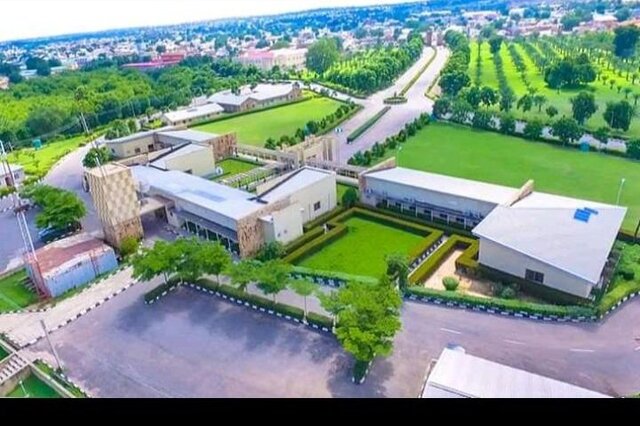Lagos – Nigerian university lecturers on Friday suspended an eight-month strike over pay, welfare and crumbling facilities, the latest industrial dispute to hit Africa’s most populous nation.
The strike by the Academic Staff Union of Universities (ASUU) had shut down federal government-owned universities since February 14 despite talks with the government to find a truce.
In a statement on Friday, the union said it called off the strike in compliance with a court order and the intervention of eminent Nigerians, including the parliament speaker.
The union directed university teachers to resume immediately.
It however noted that “the issues in dispute are yet to be satisfactorily addressed.”
Nigeria’s university lecturers have suspended a prolonged strike demanding better funding for universities, more facilities and improved pay system among other issues.
The conditions for the suspension are not immediately clear.https://t.co/Km6kw5PjWw pic.twitter.com/1CtPxpn1da
— BBC News Africa (@BBCAfrica) October 14, 2022
The union’s lawyer, Femi Falana, told AFP the decision to end the protracted strike was taken late on Thursday.
Students on Friday welcomed the move to call off the action.
“Am happy to be back to school after eight months. My fear is that it will be tedious covering lost ground,” said Adejoke Ajibade, an accounting under-graduate of Lagos university.
“Our teachers will definitely put us under pressure to cover the syllabus,” the 18-year-old student told AFP.
Private universities and those owned by local state governments were not affected by the strike as membership of ASUU is voluntary.
Nigeria, a federal entity, comprises 36 states and Abuja, the administrative capital.
The latest strike was the second longest by ASUU, known for its work stoppages. In 2020, during the Covid-19 pandemic, Nigerian university teachers went on strike for nine months.
The demands of the lecturers are the same as in previous strikes – higher pay, improved welfare, increased funding and upgraded facilities.
ALSO READ | New film explores Nigeria’s pioneering Olympics football glory
Last month, a court ordered the striking teachers to resume work after several rounds of talks with the government failed to resolve the dispute.
An appeal by ASUU to quash the court ruling was dismissed last week.
Early this week, ASUU leaders met the speaker of the House of Representatives and agreed to call off the strike.
“My appeal to ASUU is that they should see strike as the last option. They should always explore other means to resolve their disputes with government,” said nurse and parent Bimpe Ojuola.
“Frequent strike by ASUU is destroying our public universities and endangering the future of our children.”
Public sector strikes are common in Nigeria which faces myriad challenges, including growing insecurity and falling oil revenue, as well as high debt payments, weak national currency, inflation and high unemployment.
Those issues will be in focus as Nigerians go to the polls in February to elect a successor to President Muhammadu Buhari, who will step down after two terms in office.
Follow African Insider on Facebook, Twitter and Instagram
Source: AFP
Picture: Twitter/@iam_onismate
For more African news, visit Africaninsider.com


